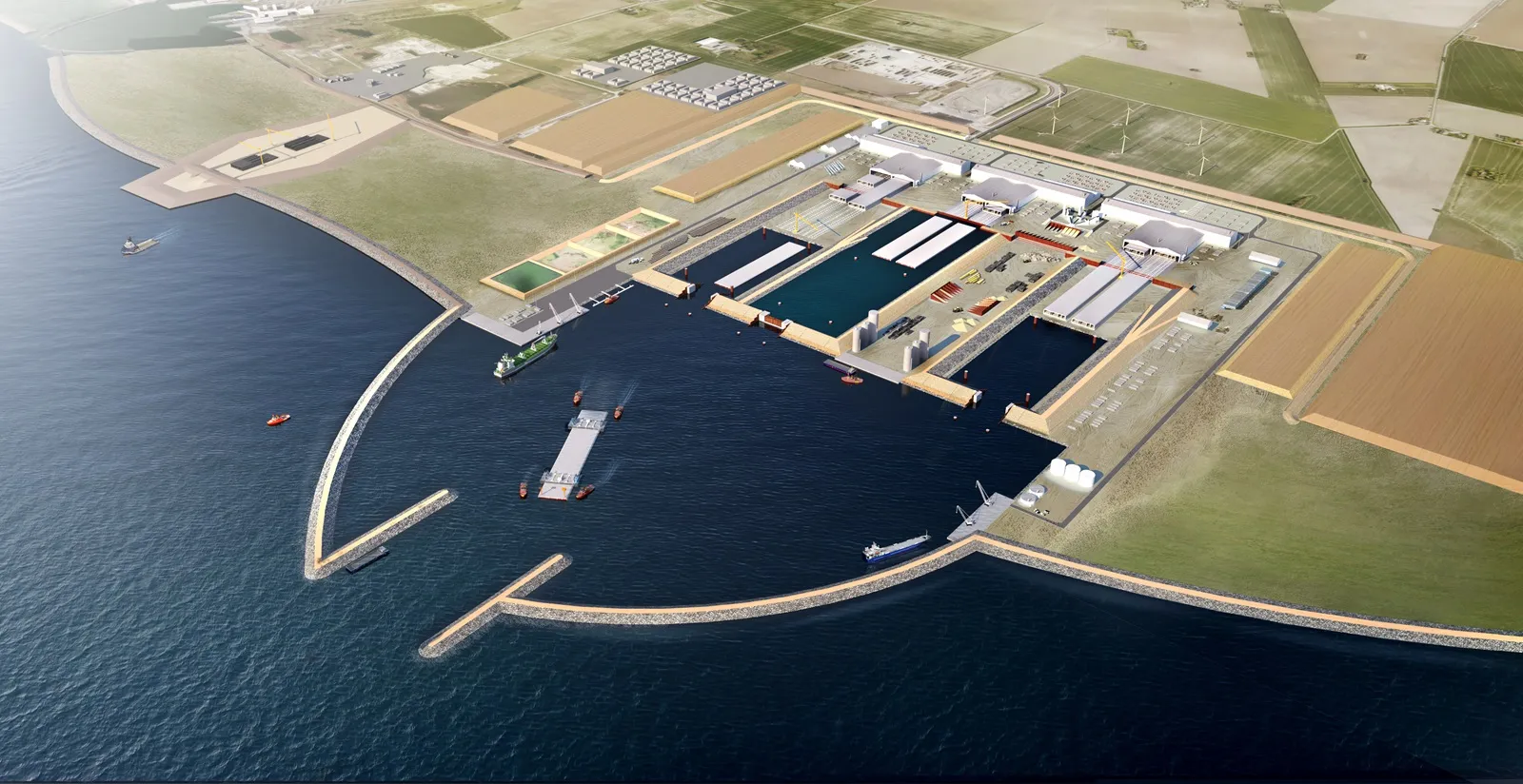Further delays to the planned Fehmarn Belt Fixed Link between Germany and Denmark appear likely because of objections to the project during the planning stages, Danish media reported.
Government authorities in the German state of Schleswig-Holstein indicated that permission for the project, which focusses on a 17km immersed road and rail tunnel, will probably be given in 2017, and not next year as previously believed.
German authorities have received about 3,100 objections to the project that has rise
August 26, 2015
Read time: 2 mins
Further delays to the planned Fehmarn Belt Fixed Link between Germany and Denmark appear likely because of objections to the project during the planning stages, Danish media reported.
Government authorities in the German state of Schleswig-Holstein indicated that permission for the project, which focusses on a 17km immersed road and rail tunnel, will probably be given in 2017, and not next year as previously believed.
German authorities have received about 3,100 objections to the project that has risen in cost to around €8.6 billion.
Reinhard Meyer, minister of economic affairs, transport and technology in Schleswig-Holstein, said that German environmental organisations will likely bring the issue before the court, which will hamper the project’s final approval.
The completion of the project might therefore be delayed from 2021 to 2027.
The Fehmarn Belt Fixed Link will connect the German island of Fehmarn with the Danish island of Lolland. The 17km tunnel, including two railway tunnels, two motorway tunnels and an emergency tunnel, will cross the Fehmarn Belt, or Fehmarn Strait, in the Baltic Sea.
Earlier reports have suggested that Denmark alone is likely to foot the project’s bill for the tunnel project while Germany will pay for only access roads and other connections on its territory.
World Highways reported in February that the Danish government was talking to contractors over the latest rise, a jump of €1.2 billion, in cost estimates for entire project. Contractors estimated an extra €295.5 million will be needed. This is in addition to a statement last November by the contracting company4782 Femern saying that costs had risen nearly by €900 million.
Government authorities in the German state of Schleswig-Holstein indicated that permission for the project, which focusses on a 17km immersed road and rail tunnel, will probably be given in 2017, and not next year as previously believed.
German authorities have received about 3,100 objections to the project that has risen in cost to around €8.6 billion.
Reinhard Meyer, minister of economic affairs, transport and technology in Schleswig-Holstein, said that German environmental organisations will likely bring the issue before the court, which will hamper the project’s final approval.
The completion of the project might therefore be delayed from 2021 to 2027.
The Fehmarn Belt Fixed Link will connect the German island of Fehmarn with the Danish island of Lolland. The 17km tunnel, including two railway tunnels, two motorway tunnels and an emergency tunnel, will cross the Fehmarn Belt, or Fehmarn Strait, in the Baltic Sea.
Earlier reports have suggested that Denmark alone is likely to foot the project’s bill for the tunnel project while Germany will pay for only access roads and other connections on its territory.
World Highways reported in February that the Danish government was talking to contractors over the latest rise, a jump of €1.2 billion, in cost estimates for entire project. Contractors estimated an extra €295.5 million will be needed. This is in addition to a statement last November by the contracting company








